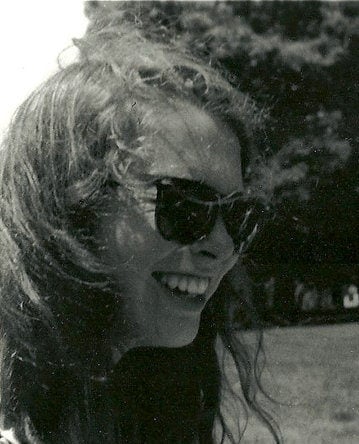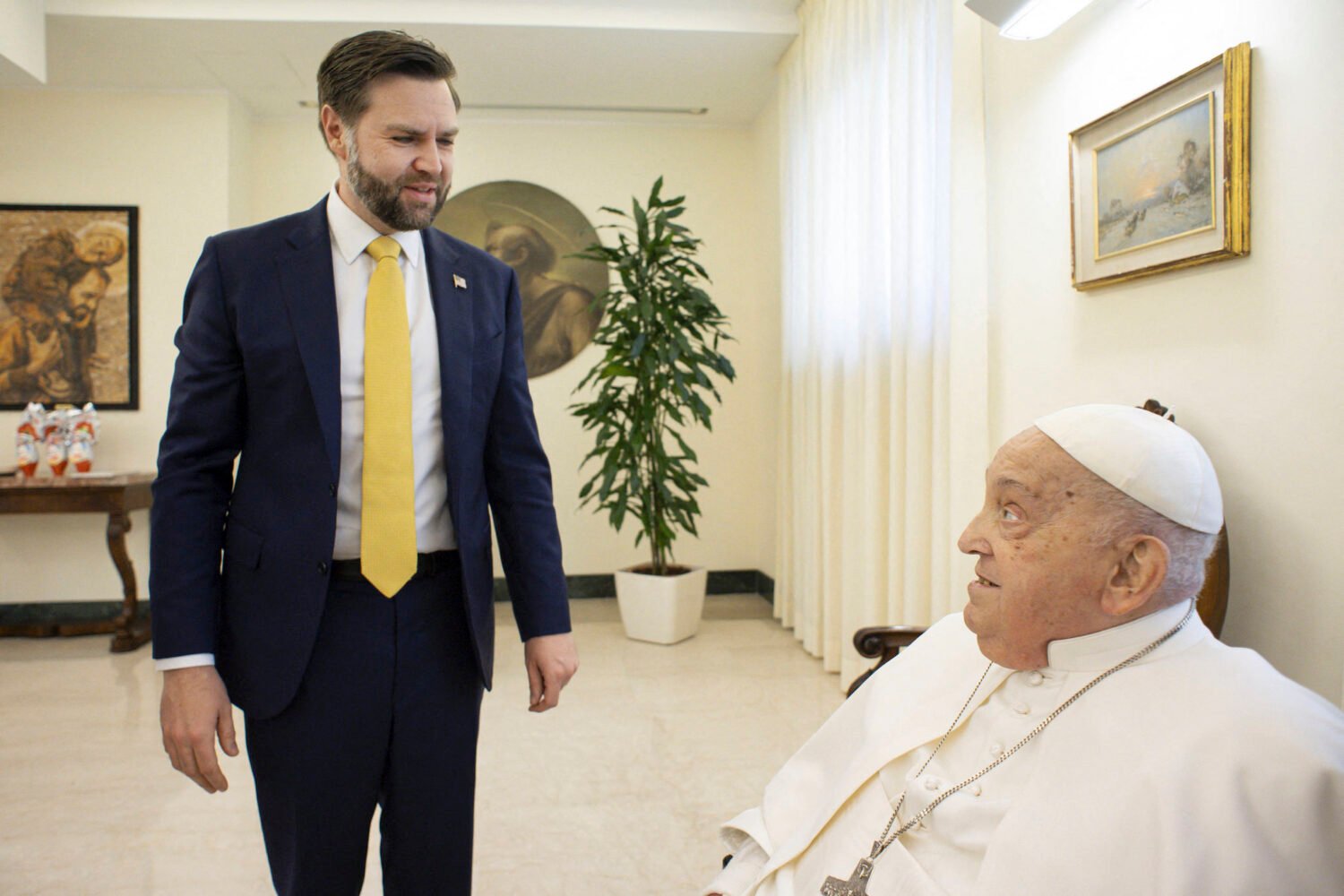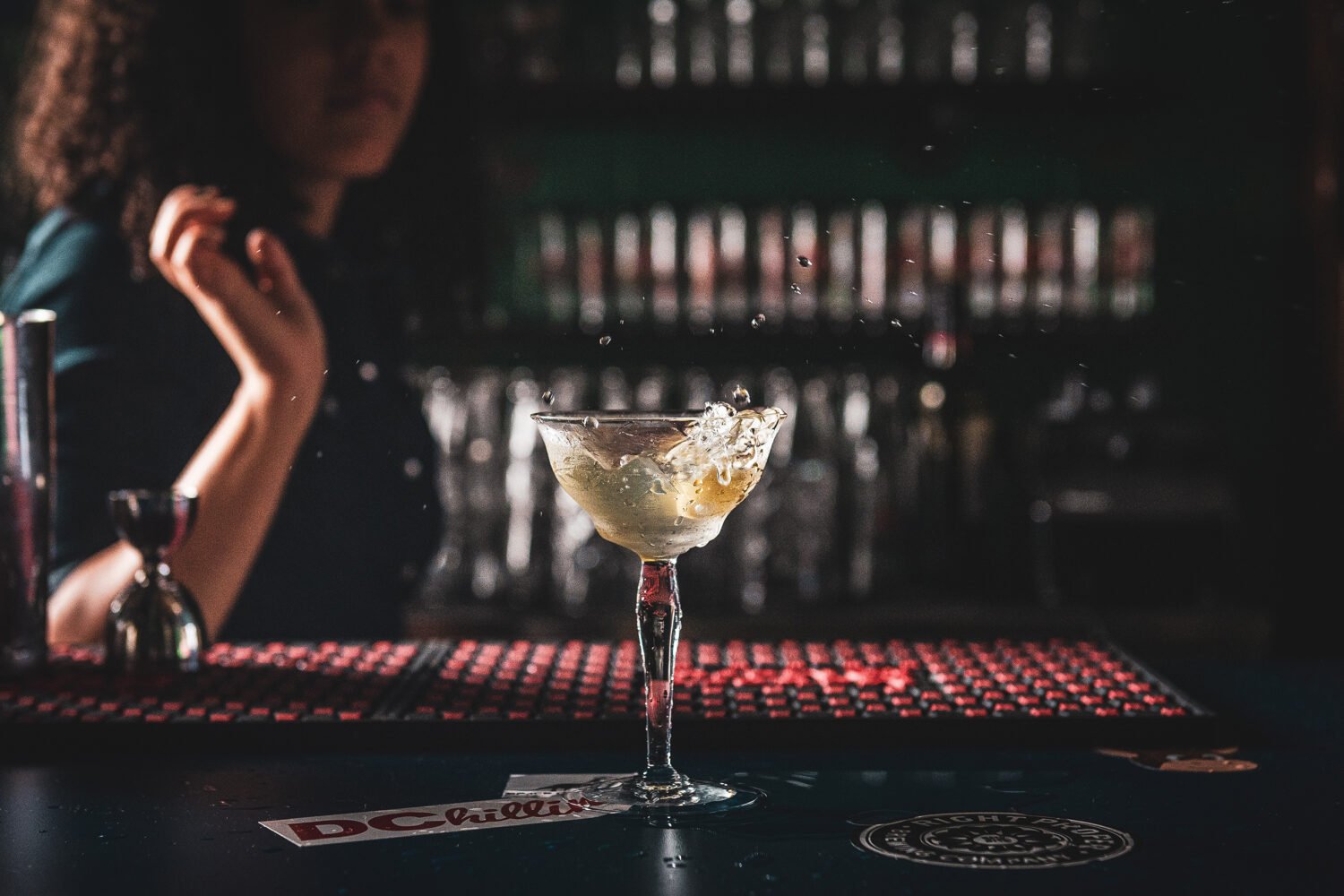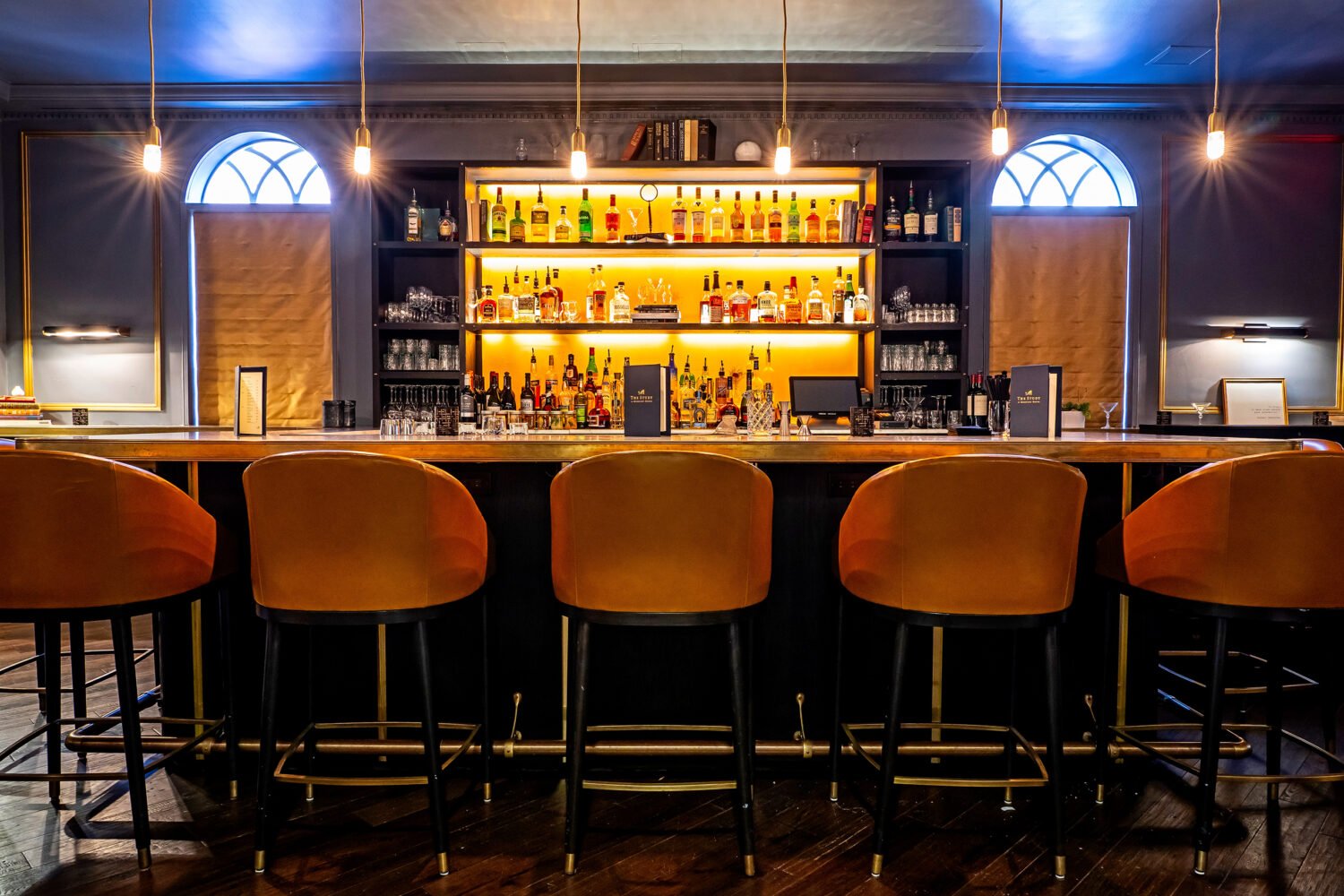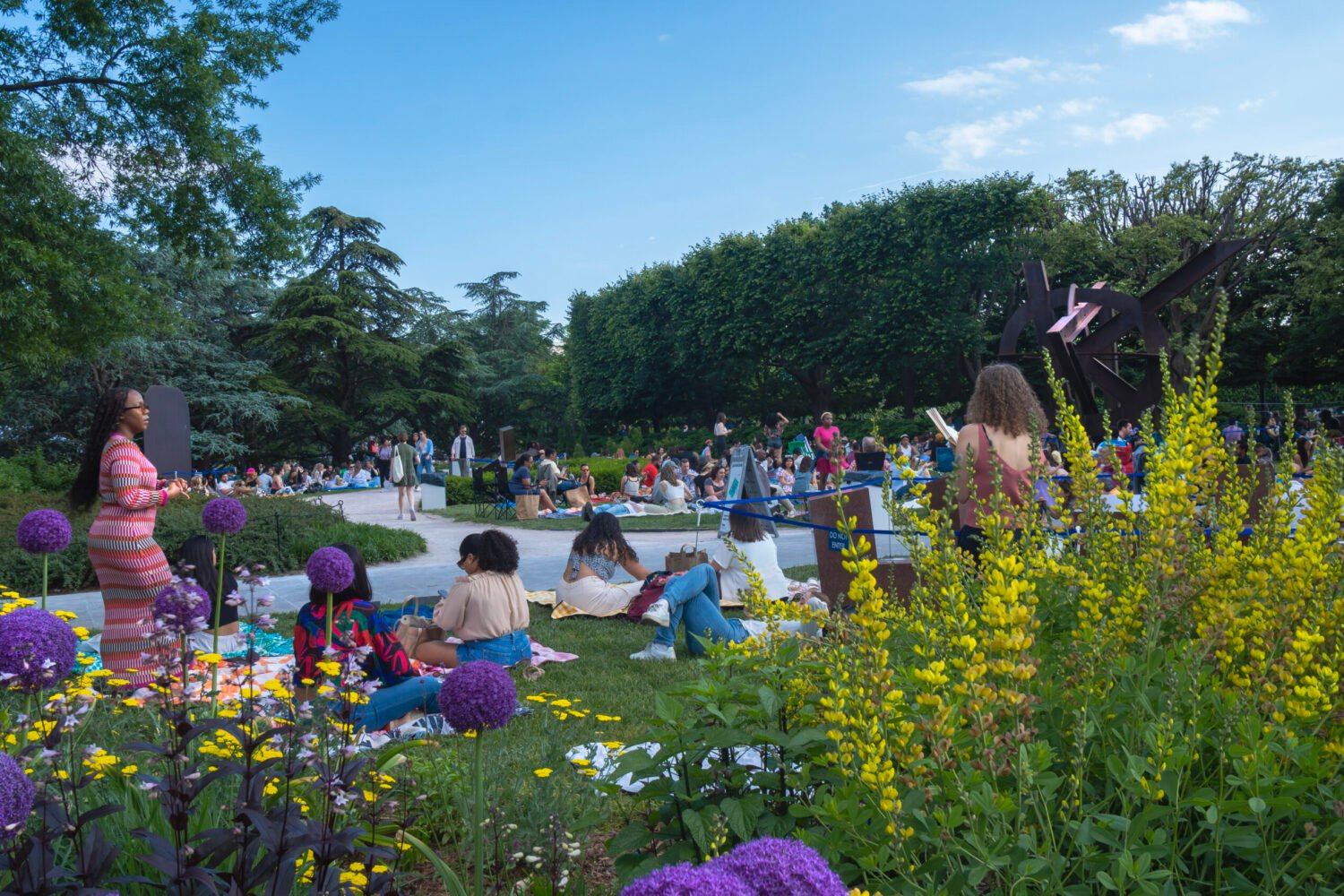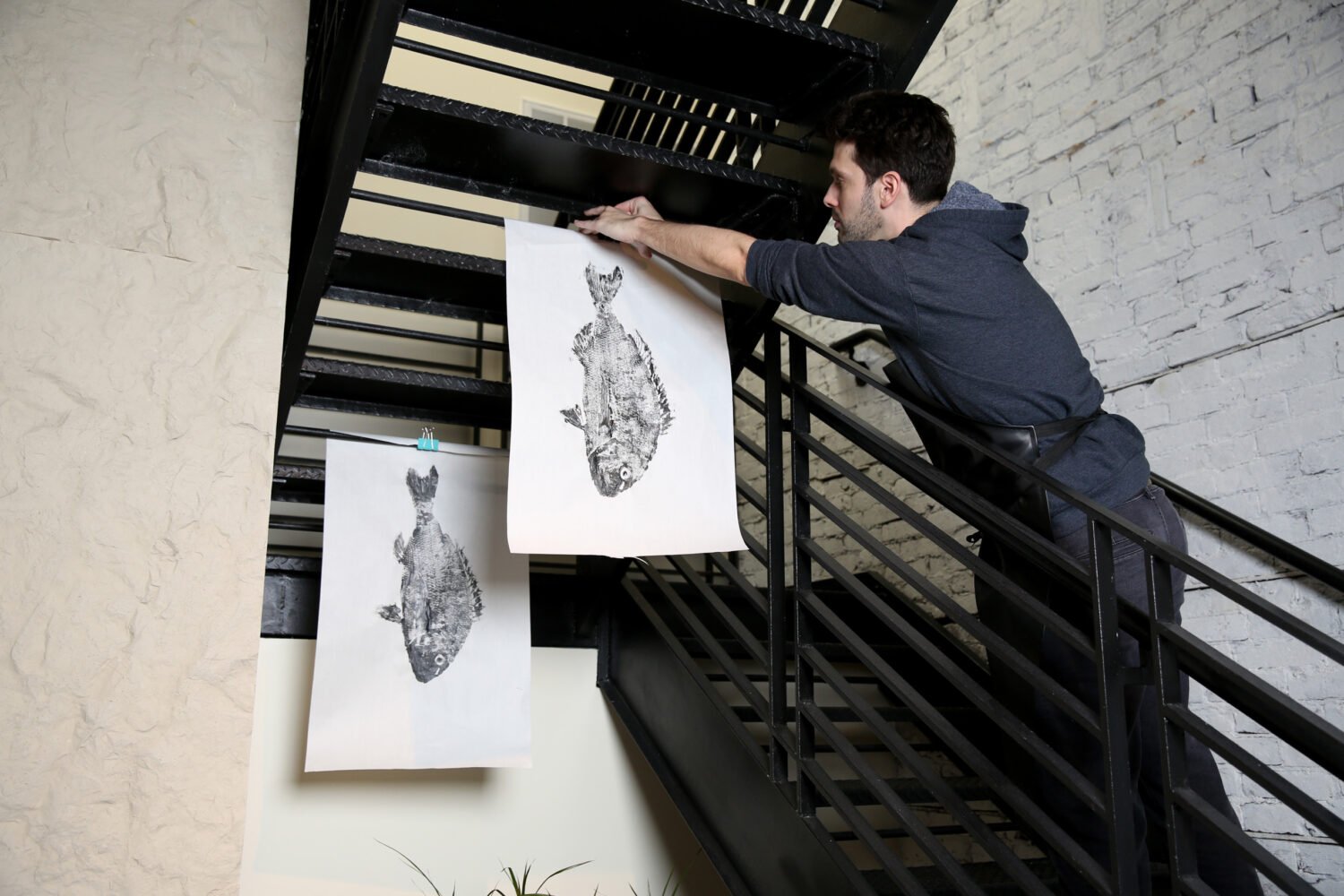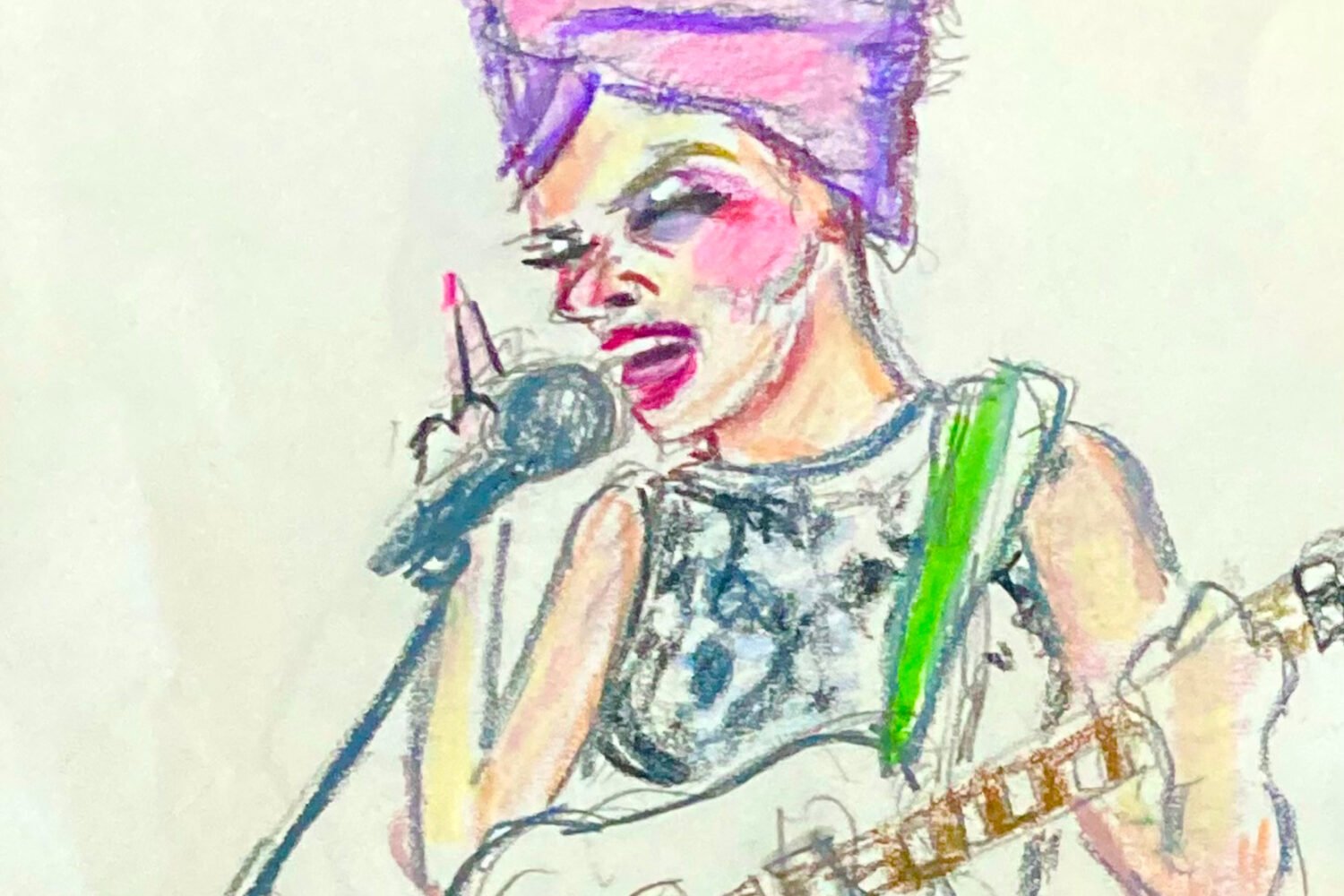A decision to postpone an exhibit of the artist Philip Guston’s work amidst recent racial and social justice movements has been met with backlash by some in the art world.
Last week, the National Gallery of Art, the Tate Modern, the Boston Museum of Fine Arts, and the Houston Museum of Fine Arts issued a statement announcing they would postpone the retrospective “Philip Guston Now” until 2024.
“We are postponing the exhibition until a time at which we think that the powerful message of social and racial justice that is at the center of Philip Guston’s work can be more clearly interpreted,” reads the statement. “We feel it is necessary to reframe our programming and, in this case, step back, and bring in additional perspectives and voices to shape how we present Guston’s work to our public.”
Some of Guston’s work features hooded Ku Klux Klan members, which seems to be the impetus behind the postponement. The retrospective would have included 24 pieces with such imagery, a New York Times piece reported.
https://twitter.com/jsf/status/1309250566036566016?s=20
Members of the art world have since condemned this decision. On Monday, the Washington Post art critic Sebastian Smee wrote a critical opinion piece about the postponement, attributing it to part of a “culture war” on public discourse “It is bleak beyond words, not to say cowardly, for these museums to postpone their Guston retrospective for FOUR YEARS,” wrote New York Times art critic Jason Farago on Twitter. And Guston’s daughter Musa Mayer and Tate Modern curator Mark Godfrey both spoke out against the decision, says the Times piece.
Others, however, have supported the postponement. Darren Walker, the president of the Ford Foundation who is also on the National Gallery’s board of trustees, said it would have been “tone deaf” for the institutions not to recontextualize the exhibit, says the Times, and that the board unanimously approved of the delay.
The exhibit was supposed to open at the National Gallery in June, but was originally delayed due to the pandemic. It would have been the first Guston retrospective in more than 15 years.

